Introduction to CNC Routers for Woodworking
CNC routers for woodworking have revolutionized the way woodworkers approach their craft, offering unparalleled precision and efficiency. These machines are vital for anyone from hobbyists to professionals, providing the ability to create intricate designs and consistent reproductions with ease. In this guide, we’ll explore everything from the basics of CNC routing to advanced techniques, helping you make the most of this powerful tool.
For your “Free” Guide to 13 Wood Joinery Types – Click Here.
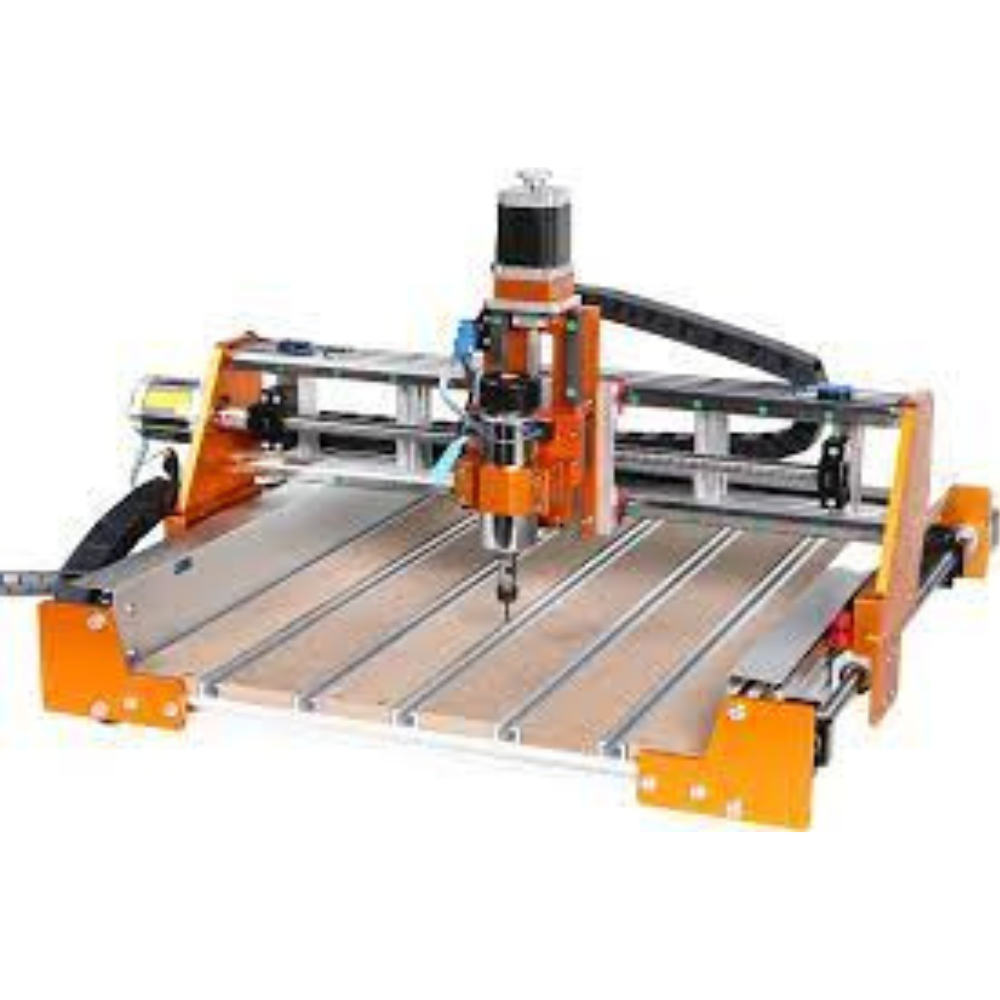
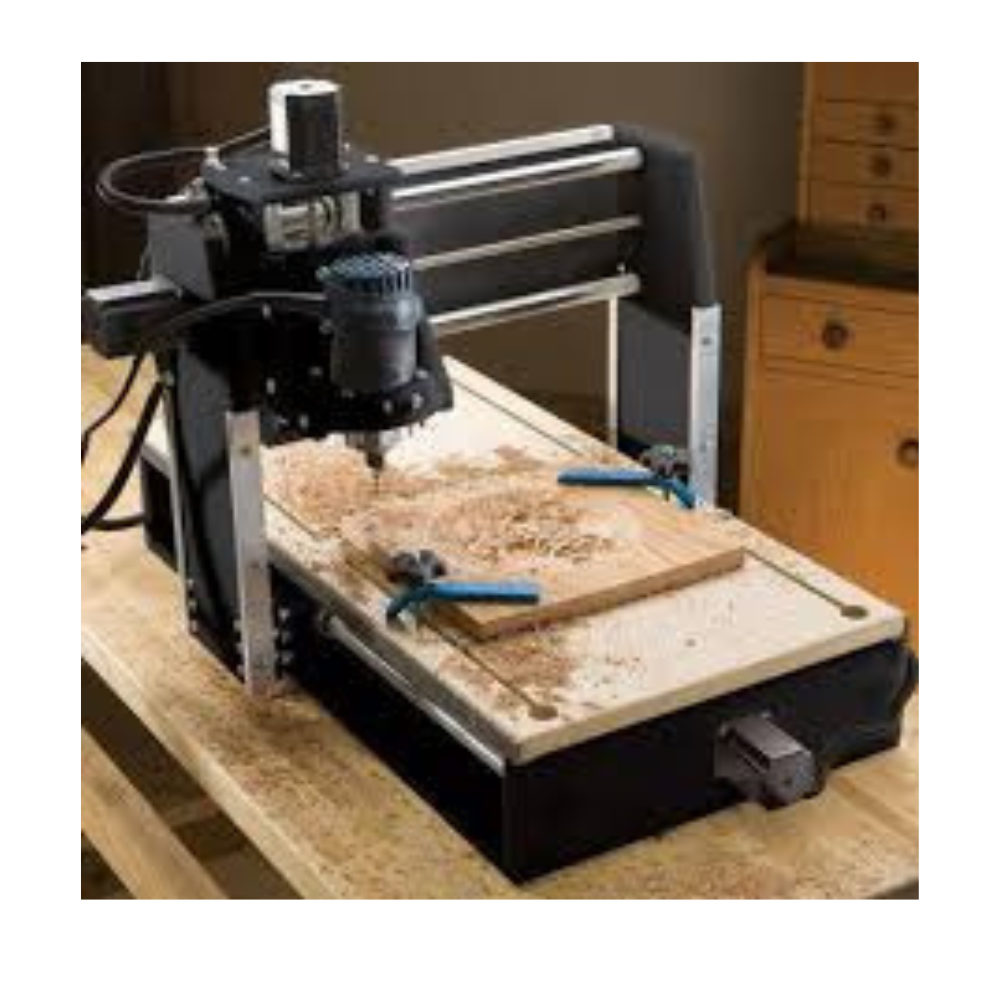
What is a CNC Router?
A CNC (Computer Numerical Control) router is a computer-controlled cutting machine related to the hand-held router used for cutting various hard materials, such as wood, composites, aluminum, steel, plastics, and foams. It’s designed to bring automation to the cutting process, which not only speeds up production but also increases accuracy and opens the door to more complex designs.
Benefits of Using CNC Routers in Woodworking
The adoption of CNC routers for woodworking offers numerous advantages:
- Precision: The automated nature of CNC routers allows for exact cuts every time, reducing errors and material waste.
- Efficiency: These machines can operate continuously, with little supervision, speeding up production times dramatically.
- Versatility: CNC routers are not just limited to cutting; they can also drill, carve, and engrave across a variety of materials.
Types of CNC Routers
Choosing the right type of CNC router can significantly impact your woodworking projects:
- Desktop CNC Routers: Ideal for small shops or hobbyists, these routers are compact but still powerful enough for detailed work.
- Industrial CNC Routers: Built for continuous use, these routers handle larger projects and tougher materials with ease, suitable for high-volume production environments.
Choosing the Right CNC Router
When selecting a CNC router, several factors should be considered:
- Size of the Machine: Ensure the machine fits in your workspace and is capable of handling the sizes of materials you plan to work with.
- Power and Speed: Look for a router that balances power and speed capabilities to meet your project needs.
- Software Compatibility: It’s crucial that the router is compatible with the design software you’re comfortable using to streamline the production process.
Key Features to Look for in a CNC Router
While shopping for a CNC router, pay attention to these essential features:
- Robust Construction: A well-built frame is crucial for the longevity and accuracy of the router.
- High-Quality Spindle: The spindle’s quality affects the precision and quality of the cuts.
- User-Friendly Interface: Especially important for those new to CNC routing, an intuitive interface will make the learning curve much smoother.
Setting Up Your CNC Router
Proper setup is key to maximizing the efficiency and lifespan of your CNC router:
- Installation: Positioning and installation should follow the manufacturer’s instructions to avoid any operational issues.
- Calibration: Regular calibration is necessary to maintain accuracy over time.
- Safety Measures: Adequate safety measures, such as emergency stops and shields, should be in place to protect the operator.
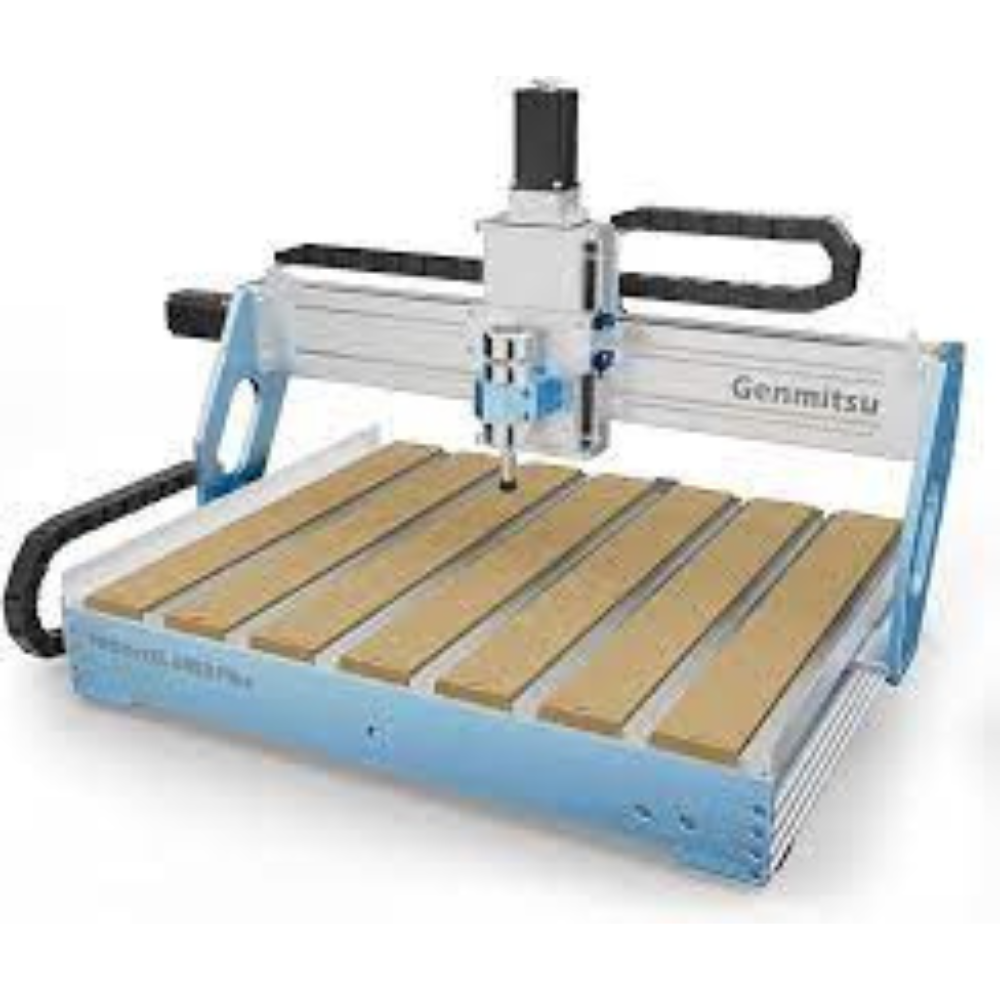
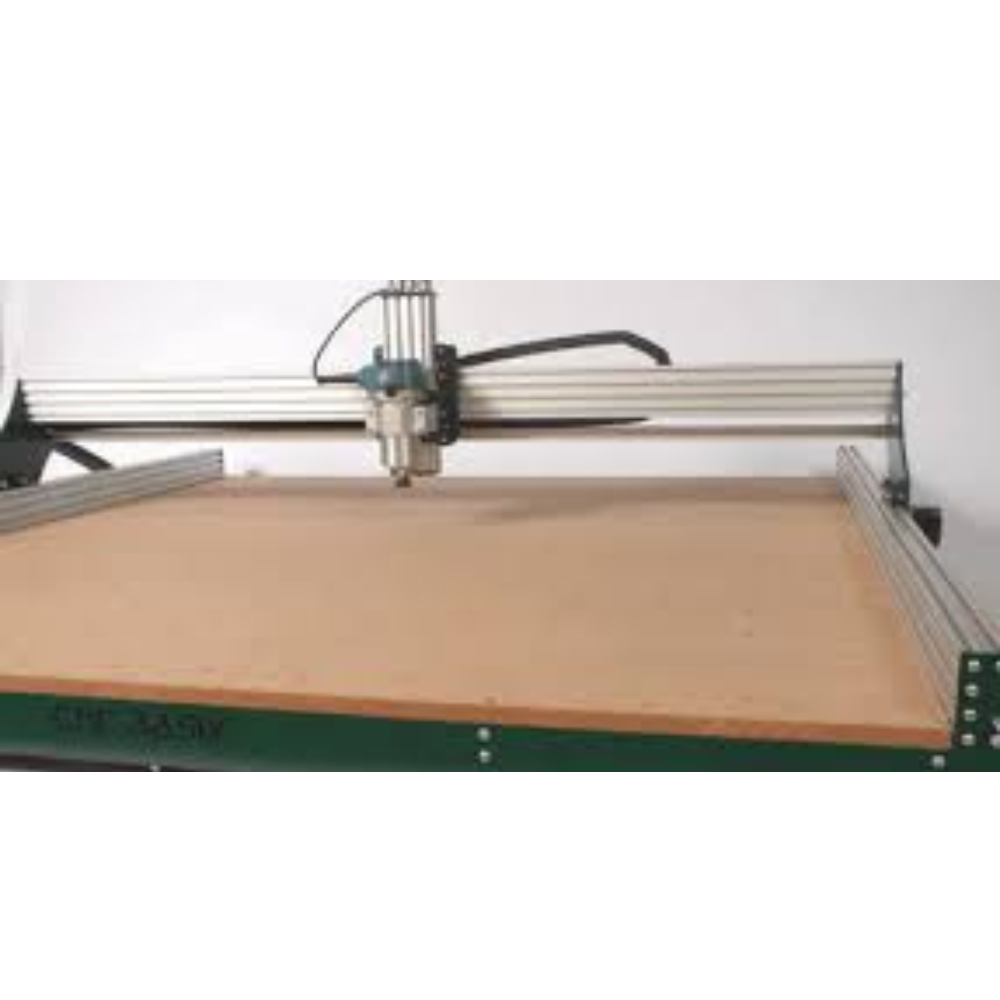
For your “Free” Workspace Plans – Click Here.
Operating Tips for CNC Routers
Optimize your CNC router’s performance with these operating tips:
- Regular Maintenance: Perform regular maintenance checks and clean the machine to prevent mechanical failures.
- Software Updates: Keep the controlling software updated to ensure compatibility and access to new features.
- Test Runs: Always do a test run with new designs to fine-tune the settings for the best results.
Common Materials Processed with CNC Routers
CNC routers are highly versatile, capable of processing a wide array of materials:
- Softwood and Hardwood: Ideal for creating detailed carvings and engravings.
- Plywood and MDF: Commonly used for constructing durable yet lightweight furniture pieces.
- Composite Materials: Useful for specialized applications requiring materials with specific properties.
Advanced Techniques in CNC Routing
Mastering these advanced techniques can help elevate your woodworking projects:
- 3D Carving: Use CNC routers to create detailed three-dimensional objects.
- Inlays and Engravings: Enhance the aesthetics and value of your work with intricate inlays and engravings.
- Nested Based Manufacturing: This technique maximizes material usage by fitting parts into a single sheet, reducing waste.
Software Options for CNC Routers
The right software can greatly enhance your CNC routing experience:
- CAD (Computer-Aided Design) Software: Allows for the creation of complex 3D designs.
- CAM (Computer-Aided Manufacturing) Software: Converts CAD designs into CNC program files.
- CNC Simulator Software: Provides a virtual preview of the routing process, which can help in planning and error prevention.
Troubleshooting Common CNC Router Issues
Stay ahead of potential problems with these troubleshooting tips:
- Misalignment: Ensure all parts of the machine are aligned correctly during regular maintenance checks.
- Breakage of Bits: Regularly inspect and replace worn or broken bits to maintain cut quality.
- Software Errors: Keep software updated and backed up to avoid disruptions.
Enhancing Your Woodworking Projects with CNC Routers
CNC routers not only enhance the quality of woodworking projects but also expand the range of possible designs. From complex geometric patterns to fine detailed work, CNC routers open up a new world of woodworking opportunities.
CNC Routers and Environmental Sustainability
By reducing waste and optimizing material usage, CNC routers contribute to more sustainable manufacturing practices. This efficiency is not only good for the environment but also reduces costs by minimizing material expenses.
Summary: Unlocking the Potential of CNC Routers in Woodworking
CNC routers transform the woodworking landscape, providing tools that increase precision, efficiency, and creativity. With the right machine, understanding, and skills, your woodworking projects can reach new heights of complexity and finish quality, making CNC routing an invaluable skill in today’s market.
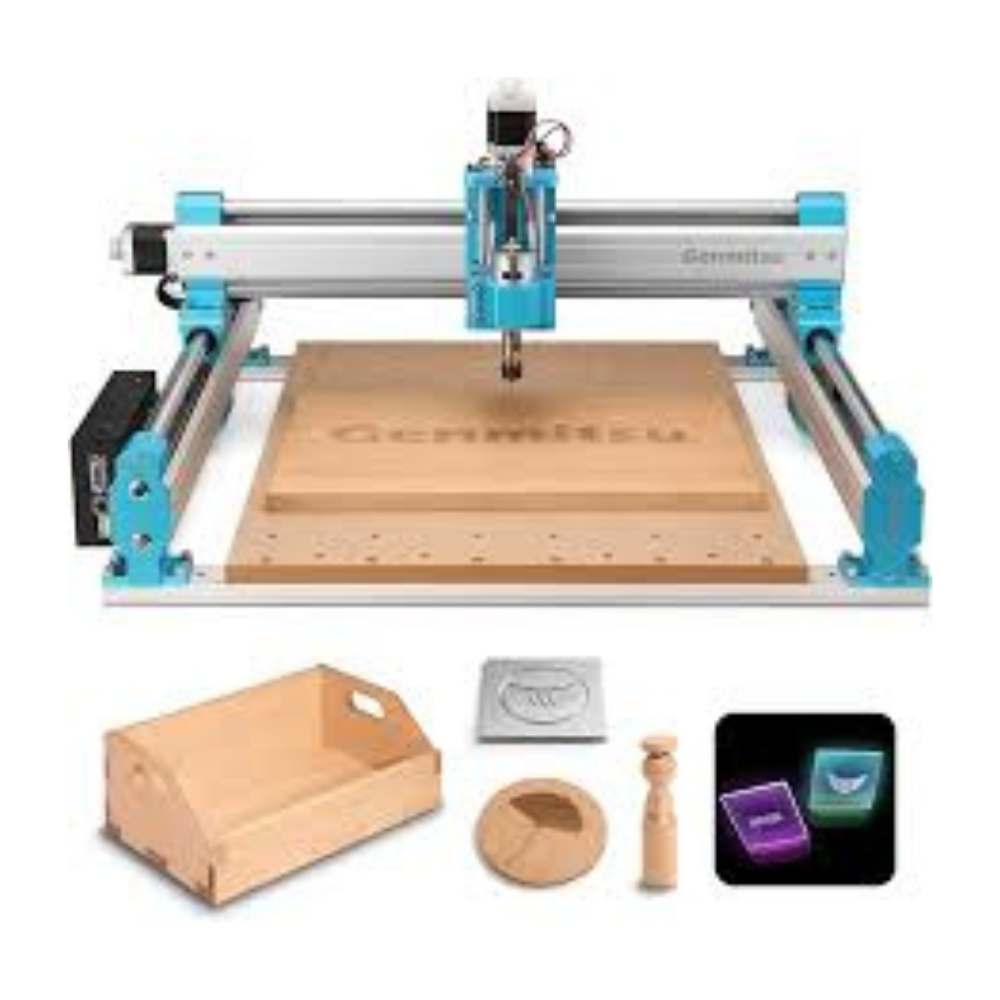
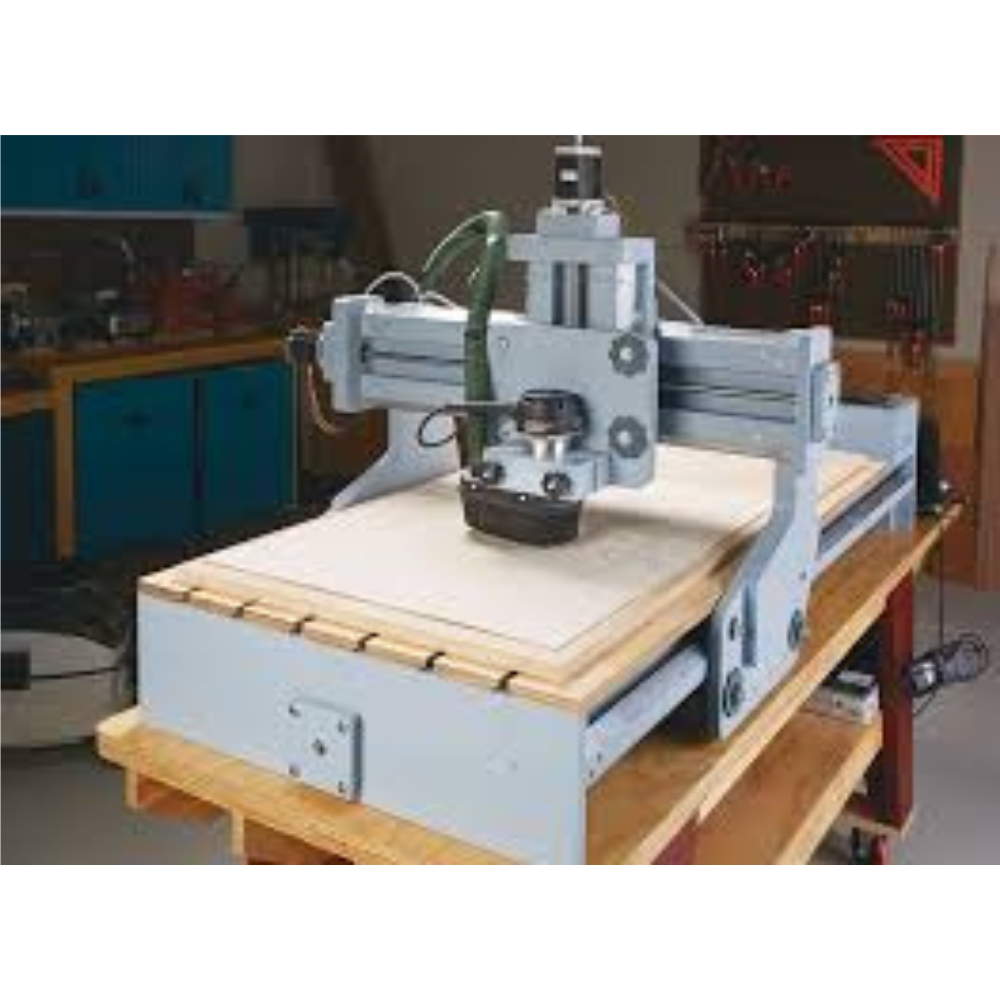
For your “Free” Outdoor Projects Plan – Click Here.
FAQs About CNC Routers for Woodworking
- What is the average cost of a CNC router for woodworking? The cost can range from a few thousand dollars for basic models to over twenty thousand for advanced setups.
- Can CNC routers work with materials other than wood? Yes, CNC routers can also handle plastics, foams, and even light metals, depending on the machine’s specifications.
- How difficult is it to learn to operate a CNC router? Learning the basics can be straightforward, especially with user-friendly software and robust community support.
- What safety measures should be in place when using a CNC router? Always follow safety guidelines, including using protective gear and ensuring proper machine maintenance.
- Can I use CNC routing for a home-based woodworking business? Absolutely, CNC routers offer the efficiency and precision needed to produce high-quality products suitable for a small business setting.
By embracing CNC routers in your workshop, you can enhance both the scale and the quality of your woodworking projects, achieving professional results every time.
